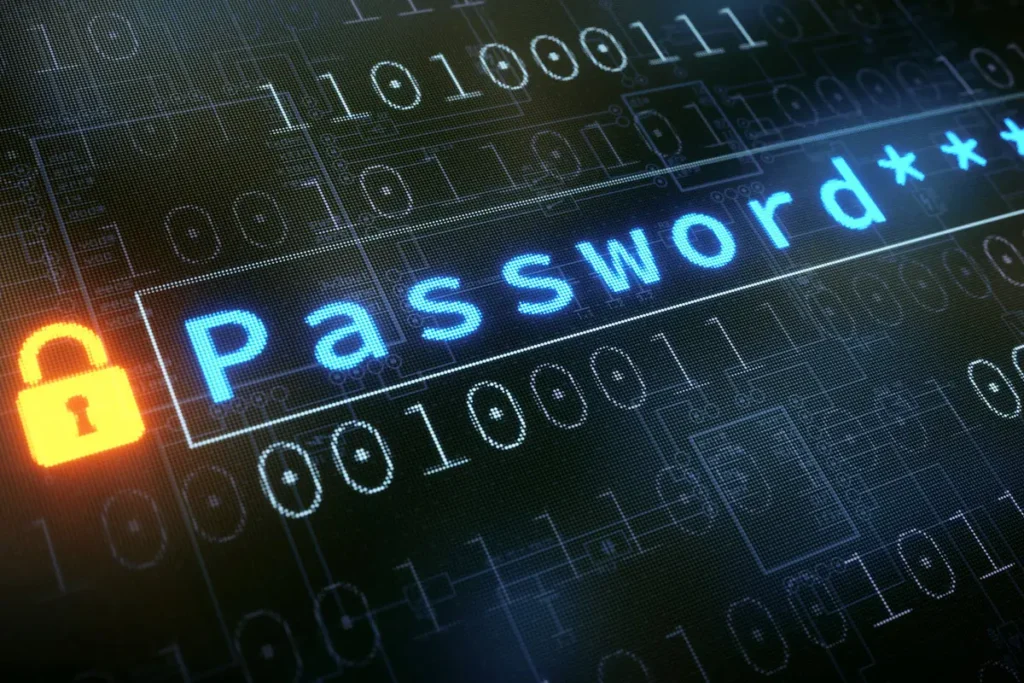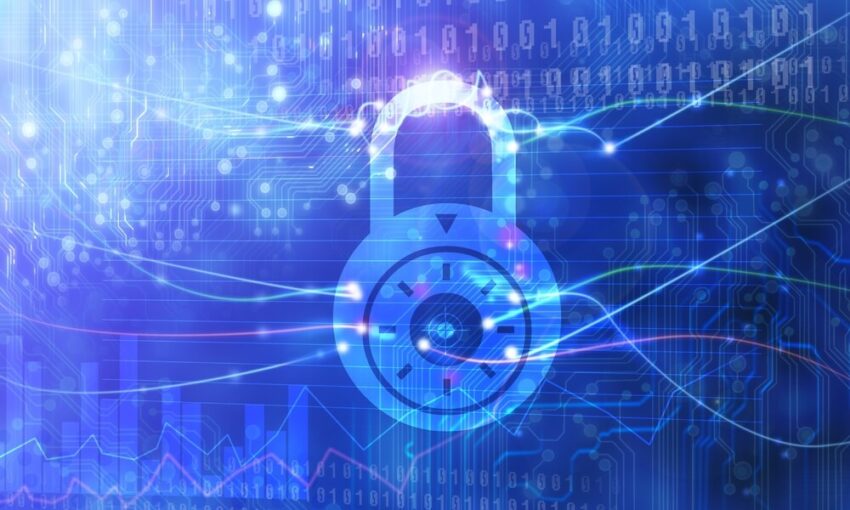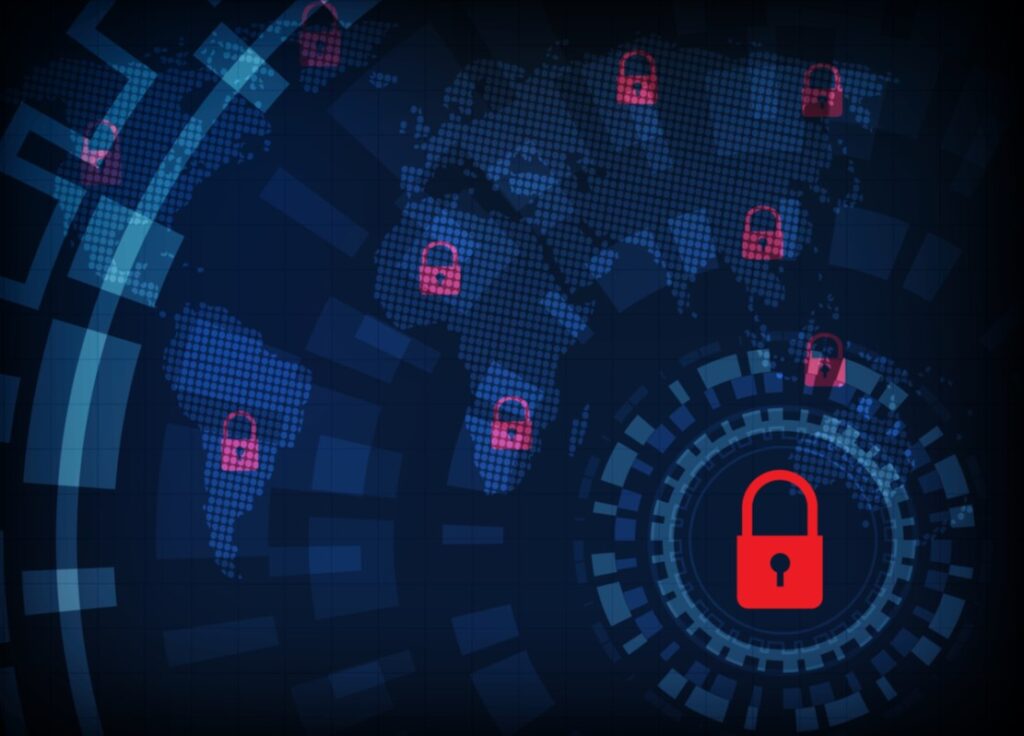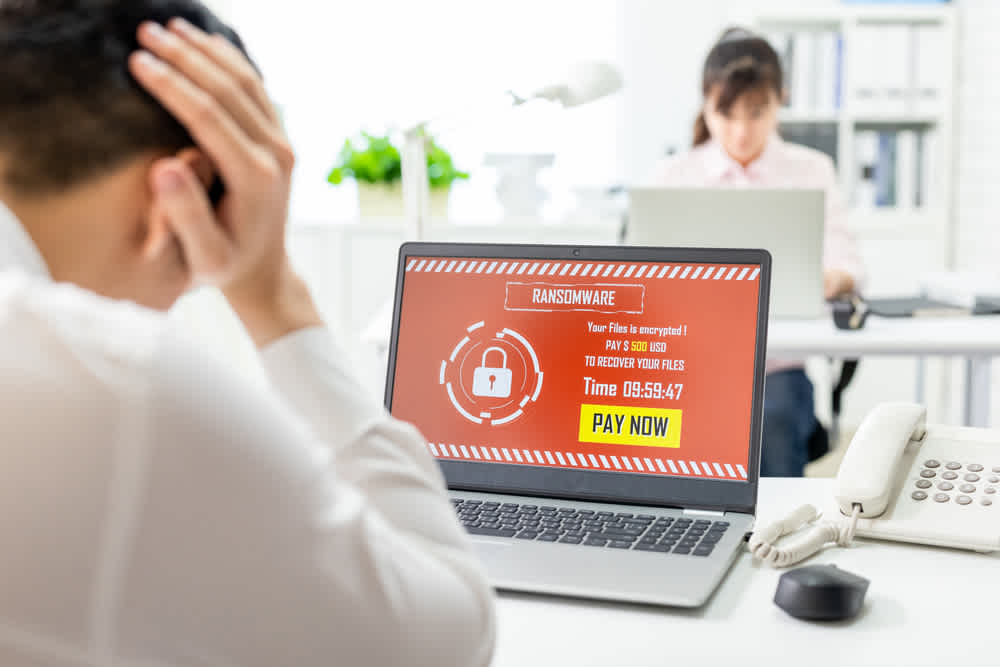As we head into 2024, it’s important to be aware of the latest security threats so you can protect your data from them. One of the most prevalent and dangerous types of malware today is ransomware. Ransomware is malware that encrypts your files and holds them hostage until you pay a ransom to the attacker.
Do you have a high-risk vulnerability? Are you a possible victim of ransomware?

If you have a security vulnerability, you could risk a ransomware attack. There are many ways that attackers can exploit vulnerabilities, so it’s crucial to stay up-to-date on the latest threats. To help you do this, I’ve compiled a list of the most common vulnerabilities that attackers target:
-
Outdated software:
One of the most common ways attackers gain access to devices is by exploiting obsolete software. Attackers will often target known vulnerabilities in software that have not been updated. Guardio browser protection services recommend shifting away from using any Abandonware your company may still rely on.
-
Weak passwords:

Another common way attackers gain access to devices is by brute-forcing passwords. This is why it’s important to use strong and unique passwords for your accounts.
-
Phishing:
Phishing is a social engineering attack that relies on tricking the user into clicking on a malicious link or opening a malicious attachment.
-
Malicious websites:

Malicious websites have been designed to infect visitors with malware. Often, these websites will masquerade as legitimate websites to trick unsuspecting users.
-
Drive-by downloads:
Drive-by downloads are a type of malware downloaded and executed without the user’s knowledge or consent. This can happen simply by visiting a malicious website.
Data protection is essential to preventing ransomware
The best way to protect your data from ransomware is to have a comprehensive data protection strategy. This should include regular backups of your data and security measures to prevent and detect malware.
-
Regular backups:

One of the most effective ways to protect your data from ransomware is by regularly backing your files. If your files are ever encrypted by ransomware, you can restore them from your backup.
-
Security measures:
Another important data protection measure is implementing security measures to prevent and detect malware. This can include using anti-virus and anti-malware software and keeping your software up-to-date.
What are the benefits of anti-ransomware software?
Anti-ransomware software is a type of security software designed to protect your device from ransomware attacks. There are many different types of anti-ransomware software available, and they all have various features. However, there are some common benefits that all anti-ransomware software provides:
-
Protection against known and unknown ransomware:
Anti-ransomware software can protect your device against known and unknown threats. This is because the software uses heuristic detection, which looks for behavior characteristics of ransomware.
-
Prevention of encryption:

One of the main benefits of anti-ransomware software is preventing your files from being encrypted. This is because the software will detect ransomware before encrypting your files.
-
Restoration of encrypted files:
Some anti-ransomware software can also restore your files if they have already been encrypted. This is possible because the software creates backups of your files before they are encrypted.
What is the best anti-ransomware software?

There are many different types of anti-ransomware software available, and it can be challenging to choose the right one for your needs. However, there are some factors that you should consider when selecting an anti-ransomware software:
-
Features:
The first thing you should look for in an anti-ransomware software is features. Ensure that the software has all the features you need, such as heuristic detection, encryption prevention, and file restoration.
-
Ease of use:
Another critical factor to consider is ease of use. You should choose software that is easy to install and use. Otherwise, you may not be able to protect your device properly.
-
Price:
Price is also a factor to consider when choosing an anti-ransomware software. However, you should not let price be the only factor. Make sure that you choose software with all of the features you’ll need, and remember to ensure that it is easy for you to use.
-
Support:
Finally, you should ensure that your chosen software has good support. This way, if you ever have any problems with the software, you can get help from the company.
What businesses should be concerned about ransomware in 2024?

Ransomware is a serious threat to businesses, and it is crucial to be aware of the risks. Here are some of the things that companies should be concerned about:
-
Data loss:
One of the most significant risks of ransomware is data loss. If your files are encrypted by ransomware, you may not be able to re-access them. This can lead to lost productivity and revenue.
-
Reputation damage:

Another risk of ransomware is reputation damage. If your business is affected by a ransomware attack, it can damage your reputation and make it difficult to attract new customers.
-
Legal liability:
Finally, businesses may also be liable for any damages caused by a ransomware attack. For example, if customer data is encrypted by ransomware, the company may be liable for any losses suffered by the customer.
Ransomware affects organizations and individuals; therefore, it’s critical to implement preventative measures. Anti-ransomware software is a vital tool for protection, and you should make sure that you choose software with all of the features you need.

